
“I have one very firm, very strict rule in my house ” Sunny Longyear’s Grandmother told her on the night she stayed at Grandma’s house for the first time. Sunny stood straight and looked up, seemingly up for miles to her Grandmother’s stern face. Sunny did not blink, she did not grin or fidget. “I will not tolerate you sneaking off to the kitchen in the middle of the night for snacks. Your mother did that and she left crumbs and greasy smudges all over the bed linens and the door frames and everywhere else sticky messy fingers could leave a mark. I hate messes always as much as I hate disobedient children.” 
“Yes, Grandmother.” Sunny said.
Her grandmother looked down at her. “Yes?”
“You hate disobedient children.”
“Indeed.”
“Do you know what I hate?” Sunny asked.
“I do not care.”
“I hate not having midnight snacks.”
Grandmother’s mouth twitched. “Go and put your things in your room.”
Sunny picked up her bags and she bounced – her long black pony tail swinging from side to side – down the hall and up the stairs to her very own bedroom that was on the top floor of her grandmother’s three story house which sat alone on a cobblestone road called Hideaway Hills.
Grandmother’s house was old. Very old. It was older then Grandmother, and it had been brought stone by stone, with all of it’s woodwork and doors and mantelpieces, from the place where the old woman had been born.
“Where was that?” her family had asked once, when she was in the kitchen making dinner
“None of your business ” she had answered. She’d had a knife in her hand at the time. She had been standing with her back towards them, and she had lifted it up to her face and used it to see their reflections over her shoulder. Her dark eyes had flared in the wide band of silver.
The question had never been brought up again.
Sunny and her grandmother had spent the afternoon in her grandmother’s garden where they tended her herbs and weeded her vegetable patch and took care of her bee hives.
“Can I have a snack?” Sunny asked, when they were done and they were headed back into the house through the kitchen door.
“Yes. There’s some things in the pantry you can choose from. Don’t forget to cover the food back up with the cheesecloth, and if you open any containers shut them.” Her grandmother lifted a key from the inside of the door and handed it to Sunny. “Lock it back up when you are done, and young lady, I mean it: do not take any food up to your room. That’s why we have a kitchen and dining room table.”
Sunny took the key and she trotted merrily off to get her snack.
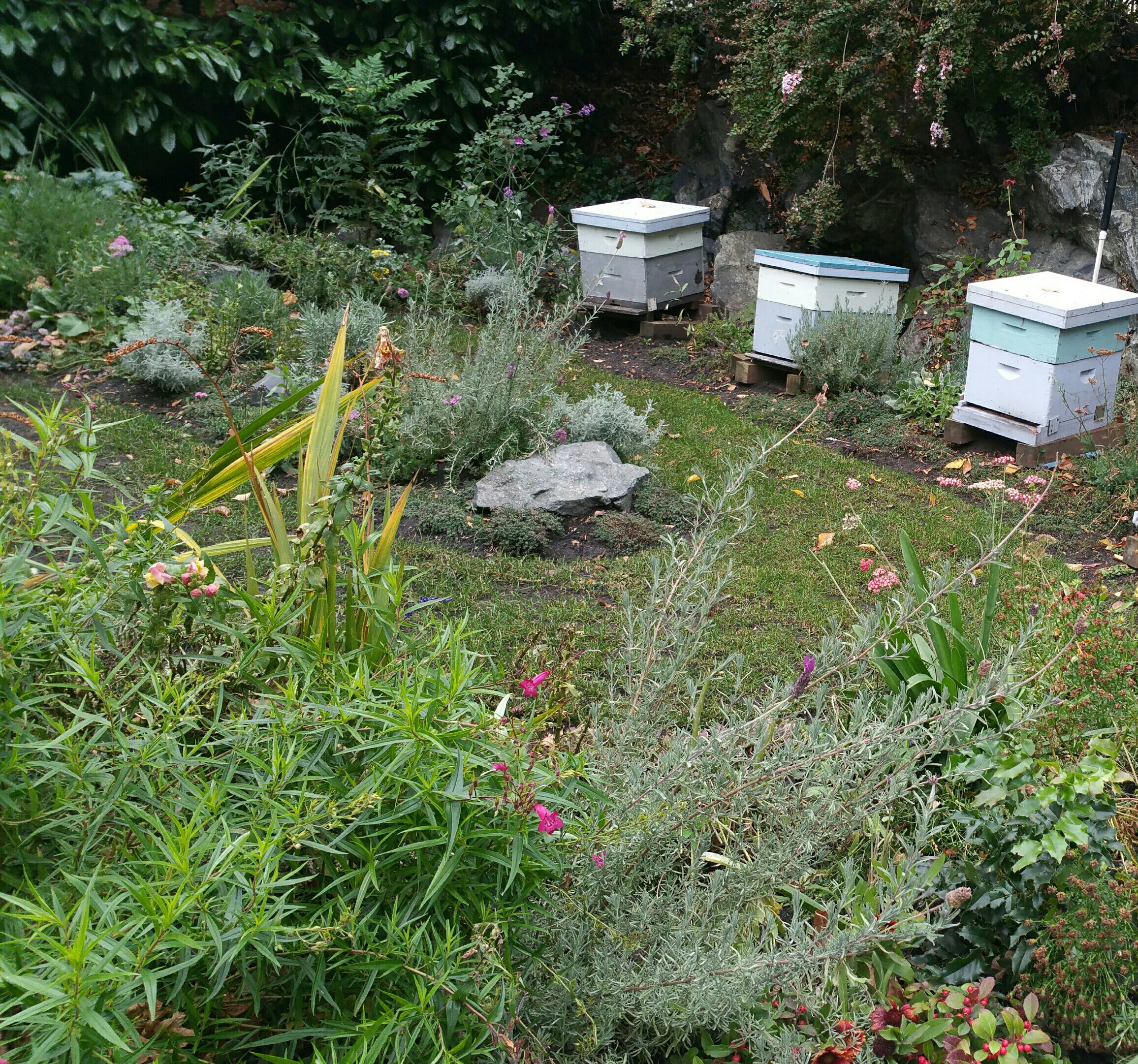
* * *
Sunny, her Grandmother safely assumed that evening, was in bed and either reading a book or listening to music- either Mozart or Ravel. Those were the choices she had given the child, and she had no reason to think that wasn’t what was happening in the bedroom she had specially decorated for her first and only grandchild. At least, she had no reason to think otherwise until she heard the thunder of footsteps racing up the stairs at the end of the hall.
Her breath slowed – dangerously slowed – in her chest. She smoothed her covers carefully, and pushed them to her left. Then she swung her long legs over the side of her bed and stood up.
Grandmother heard the symphony coming from above her head – and it was most certainly not a symphony by Mozart. It was a symphony of feet.
There was a little thud and then she heard Sunny say, “Uh-Oh. That’s going to leave a stain.”
Grandmother reached for her robe.
Before she had become Grandmother, before she had even become Mother, she had been Saturnina Guillermo, the woman who had once ridden alone through a mountain pass with a murderous band of men and women on her tail, and nothing to protect her but her wits. And now? Now she was being played for a fool by her eight-year-old granddaughter, who was every inch the ill-mannered pup her mother had once been.
Saturnina opened her door and threw it to the side. She didn’t run down the hall or up the stairs. She hit each step hard with her heel. Then, standing before her granddaughter’s bedroom, she took a moment to collect herself before pushing the child’s door wide open.
Sunny was standing beside her bed, her nightdress covered with Saturnina’s special marinade – the one that smelled like cinnamon and a touch of basil. There were was more of it on her handmade quilt.
“I dropped it.” Sunny confessed.
“I can see that.”
Sunny pointed under her bed and hung her head.
Saturnina walked slowly towards her granddaughter. She hovered over her for a moment, and then she reached out and grabbed the girl by the front of her nightdre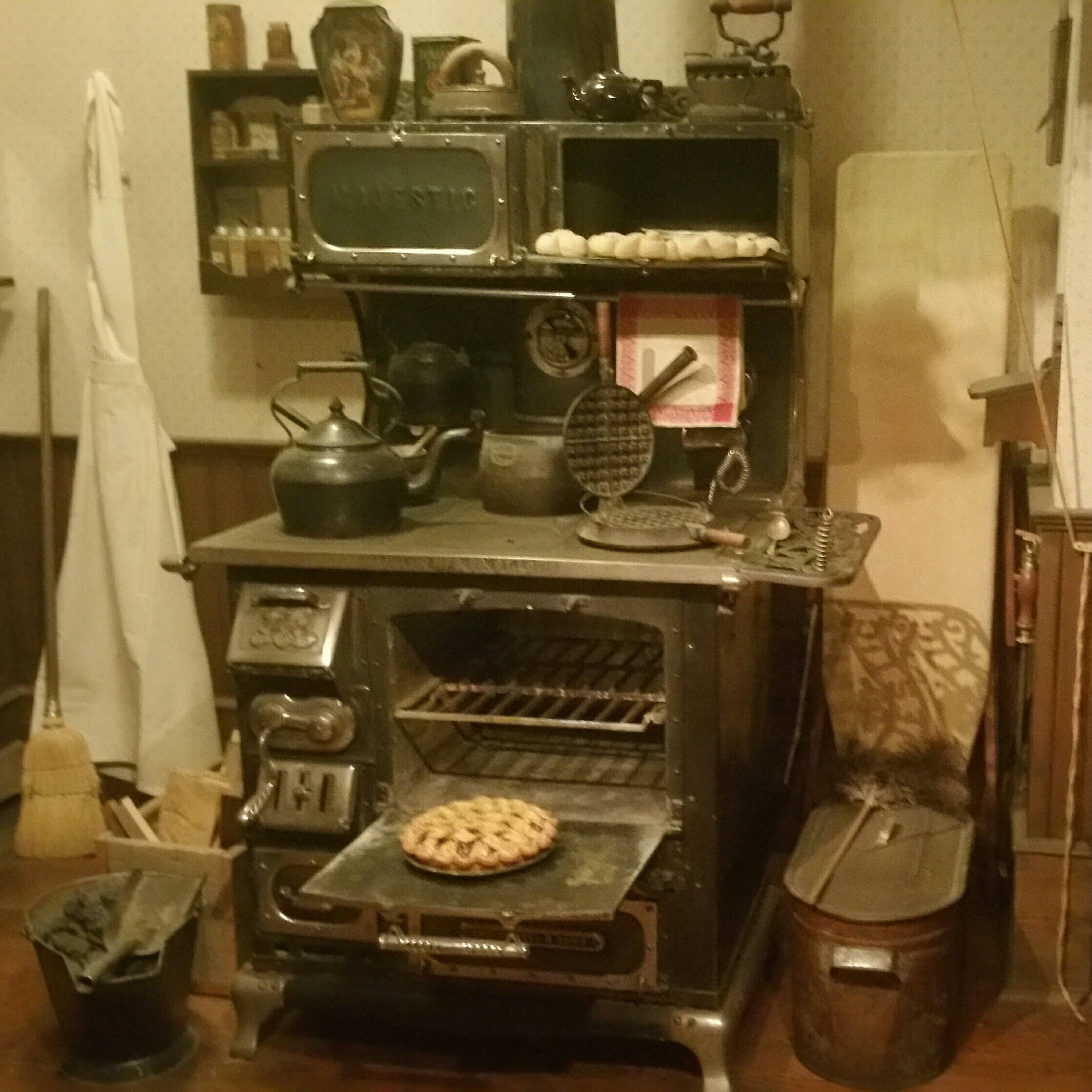 ss and threw her up and onto her bed. She leaned down, reached beneath the bed, and and then Saturnina leaned over and reached under the bed to retrieve the child’s snack.
ss and threw her up and onto her bed. She leaned down, reached beneath the bed, and and then Saturnina leaned over and reached under the bed to retrieve the child’s snack.
Still leaning over she looked up at Sunny, who giggled mischievously, and said, “My, Grandma, what big teeth you have.”
Saturnina’s teeth had grown more prominent, and her eyes were huge in her weathered face. She pulled her arm from under the bed, to reveal a hiker – a woman named Gilly Anne – being held in her huge, clawed hand.
“Get yourself cleaned up, and if you ever sneak a snack into this room again I will ground you until you’re as old as I am. Do you understand me?”
The old woman stood up, and with a skilled flick of her wrist snapped the hiker’s neck.
“I mean it young lady ” she said to Sunny, whose soft, black and white fur was beginning to sprout in downy poofs all over her face and arms and whose eyes had also grown bigger – big enough to see easily in the moonlight streaming through the bedroom window. “March.”
About the Author: A.M. Moscoso
 Anita Marie Moscoso was nine years old when she decided to become a Writer/Pirate/Astronaut. She is now so far away from the age of nine that it’s comical, but it turns out that she did become a writer, and she’s told stories about Pirates and Astronauts. Anita has also worked in a funeral home, explored the cemeteries of New Orleans alone, and has a great dog named Hamish and had a cat named Wolfgang.
Anita Marie Moscoso was nine years old when she decided to become a Writer/Pirate/Astronaut. She is now so far away from the age of nine that it’s comical, but it turns out that she did become a writer, and she’s told stories about Pirates and Astronauts. Anita has also worked in a funeral home, explored the cemeteries of New Orleans alone, and has a great dog named Hamish and had a cat named Wolfgang.
More about Anita (in parts) can be found at her blog: Enduring Bones.

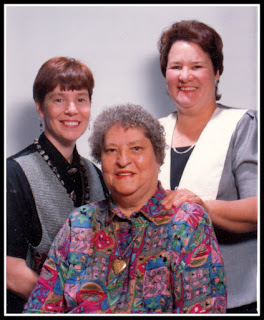
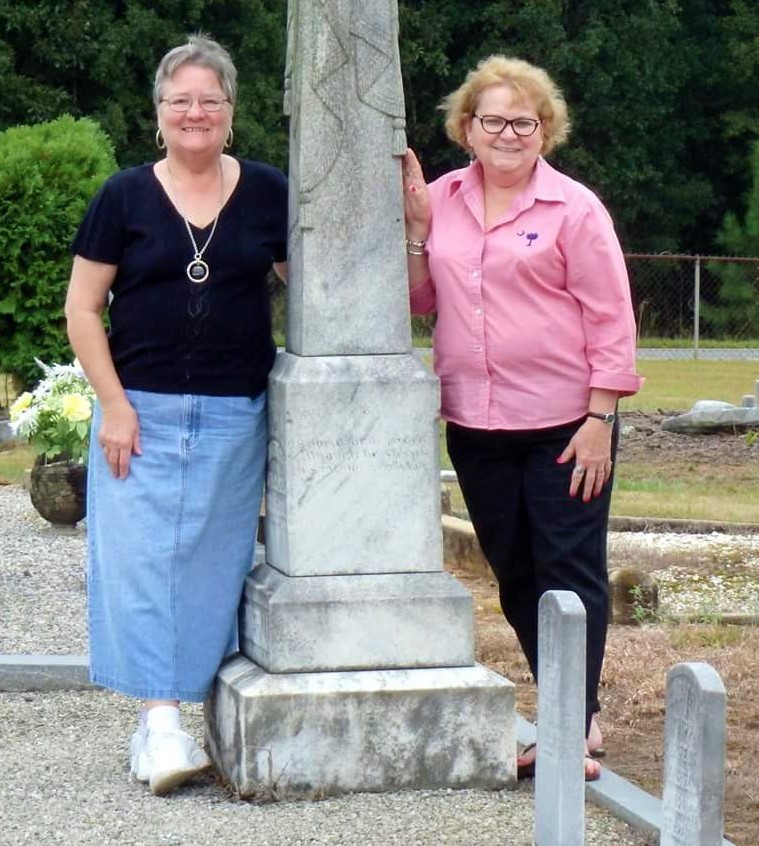


 Patricia Wellingham-Jones is a widely published former psychology researcher and writer/editor. She has a special interest in healing writing, with poems recently in The Widow’s Handbook (Kent State University Press). Chapbooks include Don’t Turn Away: poems about breast cancer, End-Cycle: poems about caregiving, Apple Blossoms at Eye Level, Voices on the Land and Hormone Stew.
Patricia Wellingham-Jones is a widely published former psychology researcher and writer/editor. She has a special interest in healing writing, with poems recently in The Widow’s Handbook (Kent State University Press). Chapbooks include Don’t Turn Away: poems about breast cancer, End-Cycle: poems about caregiving, Apple Blossoms at Eye Level, Voices on the Land and Hormone Stew.
 The occasion was a final walkthrough of the building where I went to high school, a Catholic school for girls that recently announced it would be closing due to lack of enrollment after 75 years in the community. And though I didn’t love high school like I loved elementary school and junior high school, had not in fact ever been back inside my alma mater for anything since the day I graduated in 1974 (even though I live only a couple of miles away), I decided to pay my respects on this final day when the school was open to alumni one last time.
The occasion was a final walkthrough of the building where I went to high school, a Catholic school for girls that recently announced it would be closing due to lack of enrollment after 75 years in the community. And though I didn’t love high school like I loved elementary school and junior high school, had not in fact ever been back inside my alma mater for anything since the day I graduated in 1974 (even though I live only a couple of miles away), I decided to pay my respects on this final day when the school was open to alumni one last time. The room itself looked remarkably the same, rows of chairs lining the built-in risers, a bank of windows along the wall showing the long driveway leading up to the front of the building, the upright piano in the same place on the right of the podium. There were a few other women looking around the room, ranging in age from their early 20’s to over 70. I heard one phrase repeated over and over again.
The room itself looked remarkably the same, rows of chairs lining the built-in risers, a bank of windows along the wall showing the long driveway leading up to the front of the building, the upright piano in the same place on the right of the podium. There were a few other women looking around the room, ranging in age from their early 20’s to over 70. I heard one phrase repeated over and over again.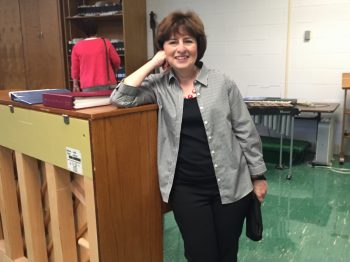 because her parents were getting divorced. I rehearsed for hours with singers and instrumentalists, working our way through everything from the Messiah to Rodgers and Hammerstein.
because her parents were getting divorced. I rehearsed for hours with singers and instrumentalists, working our way through everything from the Messiah to Rodgers and Hammerstein. Becca Rowan lives in Northville, Michigan with her husband. She is the author of
Becca Rowan lives in Northville, Michigan with her husband. She is the author of 



 Keva Bartnick is an artist, writer, and lightworker. Happily married mother of three; she’s been inspiring people to be their most courageous selves since 2015.
Keva Bartnick is an artist, writer, and lightworker. Happily married mother of three; she’s been inspiring people to be their most courageous selves since 2015.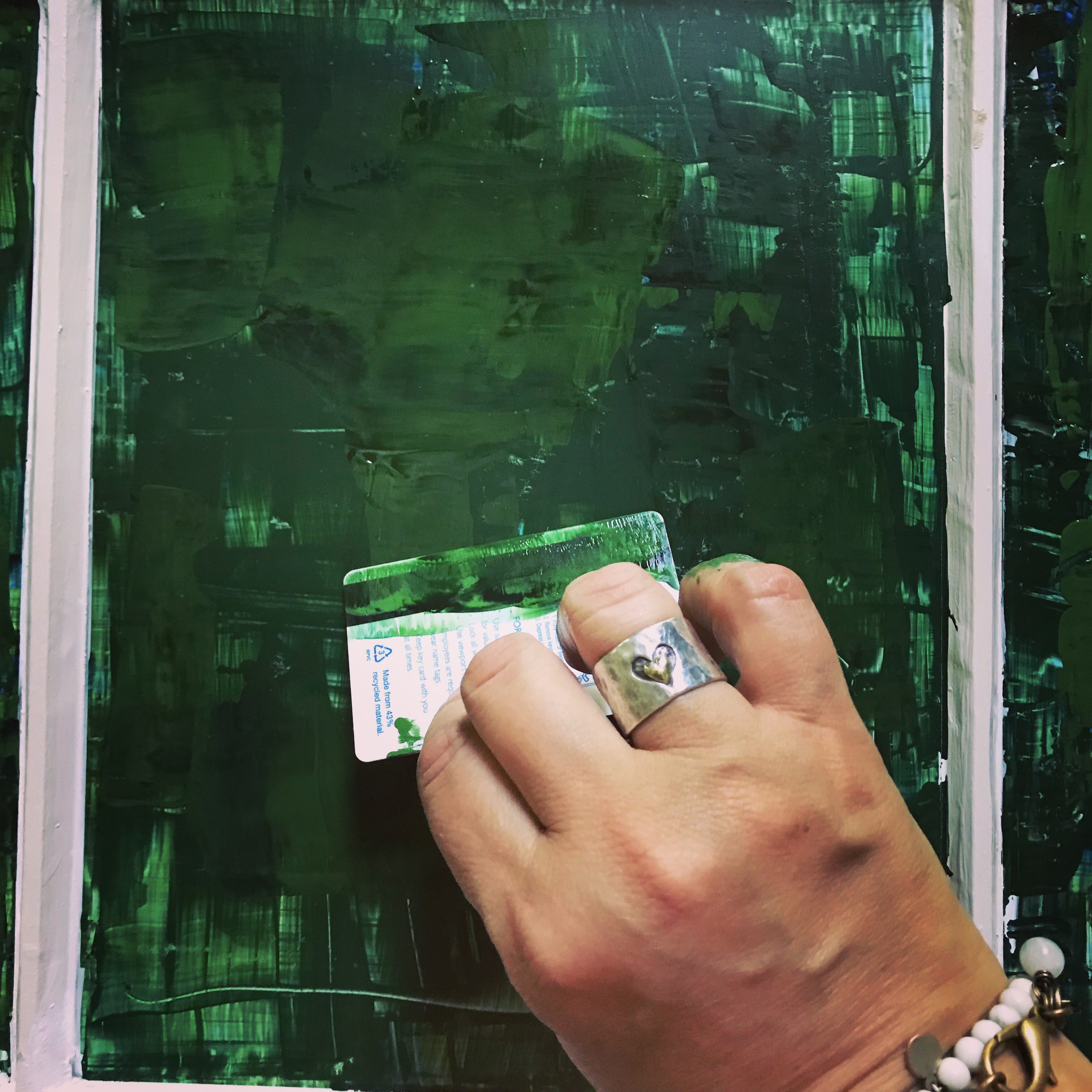
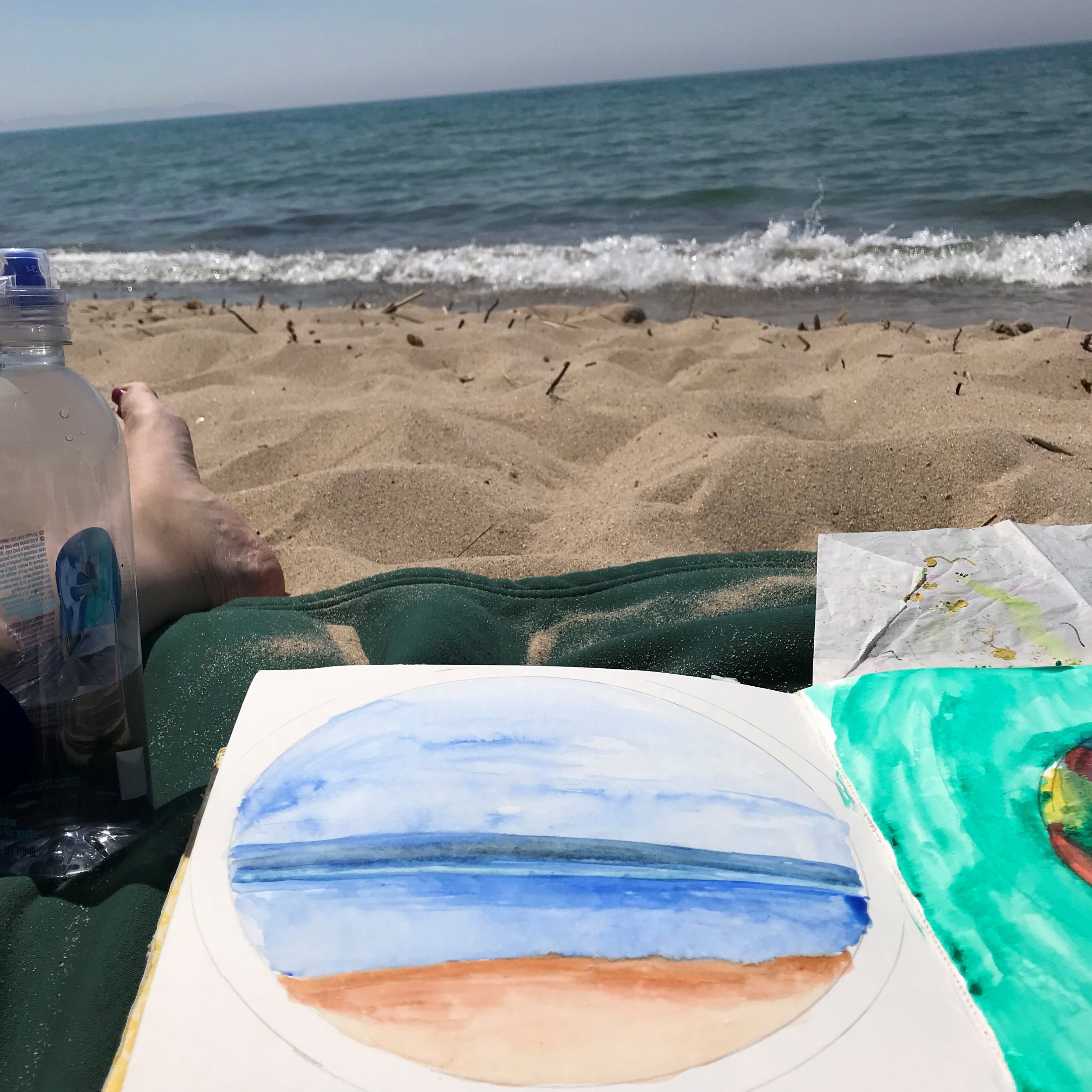 describing the journeys we take with most matters of the heart. “Riding the waves” is a saying that aptly describes the ways in which I am required to navigate the ebb and flow as I work to cultivate and sustain a creative life.
describing the journeys we take with most matters of the heart. “Riding the waves” is a saying that aptly describes the ways in which I am required to navigate the ebb and flow as I work to cultivate and sustain a creative life.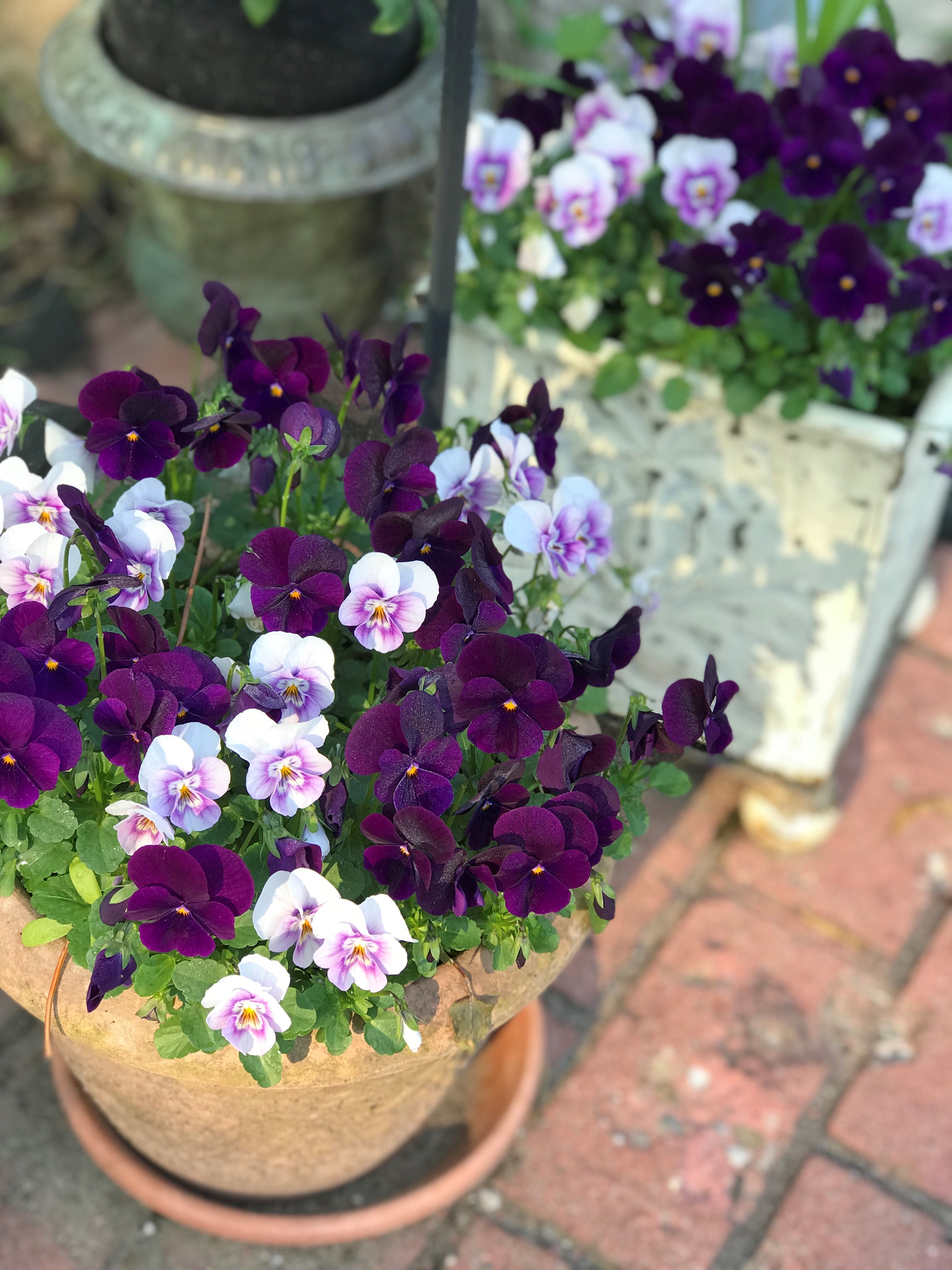
 Anna Oginsky is the founder of Heart Connected, LLC, a small Michigan-based workshop and retreat business that creates opportunities for guests to tune in to their hearts and connect with the truth, wisdom, and power held there. Her work is inspired by connections made between spirituality, creativity, and community. Anna’s first book, My New Friend, Grief, came as a result of years of learning to tune in to her own heart after the sudden loss of her father. In addition to writing, Anna uses healing tools like yoga, meditation, and making art in her offerings and in her own personal practice. She lives in Brighton, Michigan with her husband, their three children, and Johnny, the big yellow dog. Connect with her on her
Anna Oginsky is the founder of Heart Connected, LLC, a small Michigan-based workshop and retreat business that creates opportunities for guests to tune in to their hearts and connect with the truth, wisdom, and power held there. Her work is inspired by connections made between spirituality, creativity, and community. Anna’s first book, My New Friend, Grief, came as a result of years of learning to tune in to her own heart after the sudden loss of her father. In addition to writing, Anna uses healing tools like yoga, meditation, and making art in her offerings and in her own personal practice. She lives in Brighton, Michigan with her husband, their three children, and Johnny, the big yellow dog. Connect with her on her 


 Molly Totoro is a Connecticut Yankee currently residing in the Midwest with her husband and trusty basset. While Molly retired from full-time teaching in 2014 to pursue her writing dreams, she continues to work with students to achieve their writing potential. Molly recently published her first book,
Molly Totoro is a Connecticut Yankee currently residing in the Midwest with her husband and trusty basset. While Molly retired from full-time teaching in 2014 to pursue her writing dreams, she continues to work with students to achieve their writing potential. Molly recently published her first book, 
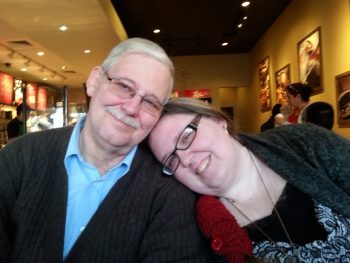 One person could always assuage that fear. No matter how long the night or how deep the darkness, I felt secure when I heard my father’s voice.
One person could always assuage that fear. No matter how long the night or how deep the darkness, I felt secure when I heard my father’s voice. Tabitha is a social media strategist, writer, blogger, and professional geek. Among her published works are the children’s books Jack the Kitten is Very Brave and Machu the Cat is Very Hungry, both published under the name Tabitha Grace Smith. A California girl (always and forever) she now lives in Maryland with her husband, son, and a collection of cats, dogs, and chickens. Find out more about her on her
Tabitha is a social media strategist, writer, blogger, and professional geek. Among her published works are the children’s books Jack the Kitten is Very Brave and Machu the Cat is Very Hungry, both published under the name Tabitha Grace Smith. A California girl (always and forever) she now lives in Maryland with her husband, son, and a collection of cats, dogs, and chickens. Find out more about her on her  “Rinse off,” her grandmother urges from beneath her enormous straw sunhat, the one that offsets the prominence of the equally large bosom sheathed in a practically bulletproof bathing suit.
“Rinse off,” her grandmother urges from beneath her enormous straw sunhat, the one that offsets the prominence of the equally large bosom sheathed in a practically bulletproof bathing suit.
 that are just enough too tall that he must help her.
that are just enough too tall that he must help her.
 process, and eventually you are going to have a feeling of anxiety. On the other hand, if you walk into a well-organized space, that has function and is aesthetically pleasing, you may get a feeling of calm or a sense of happy. I feel both of these feelings when I walk into my kids playroom, depending on the state of chaos in the room at the time. Either a feeling of anxiety if there are toys all over the floor, or a feeling of calm if it’s clean and organized. Using design to change up the function or look of a space can also help to evoke the feeling that you want for a space.
process, and eventually you are going to have a feeling of anxiety. On the other hand, if you walk into a well-organized space, that has function and is aesthetically pleasing, you may get a feeling of calm or a sense of happy. I feel both of these feelings when I walk into my kids playroom, depending on the state of chaos in the room at the time. Either a feeling of anxiety if there are toys all over the floor, or a feeling of calm if it’s clean and organized. Using design to change up the function or look of a space can also help to evoke the feeling that you want for a space.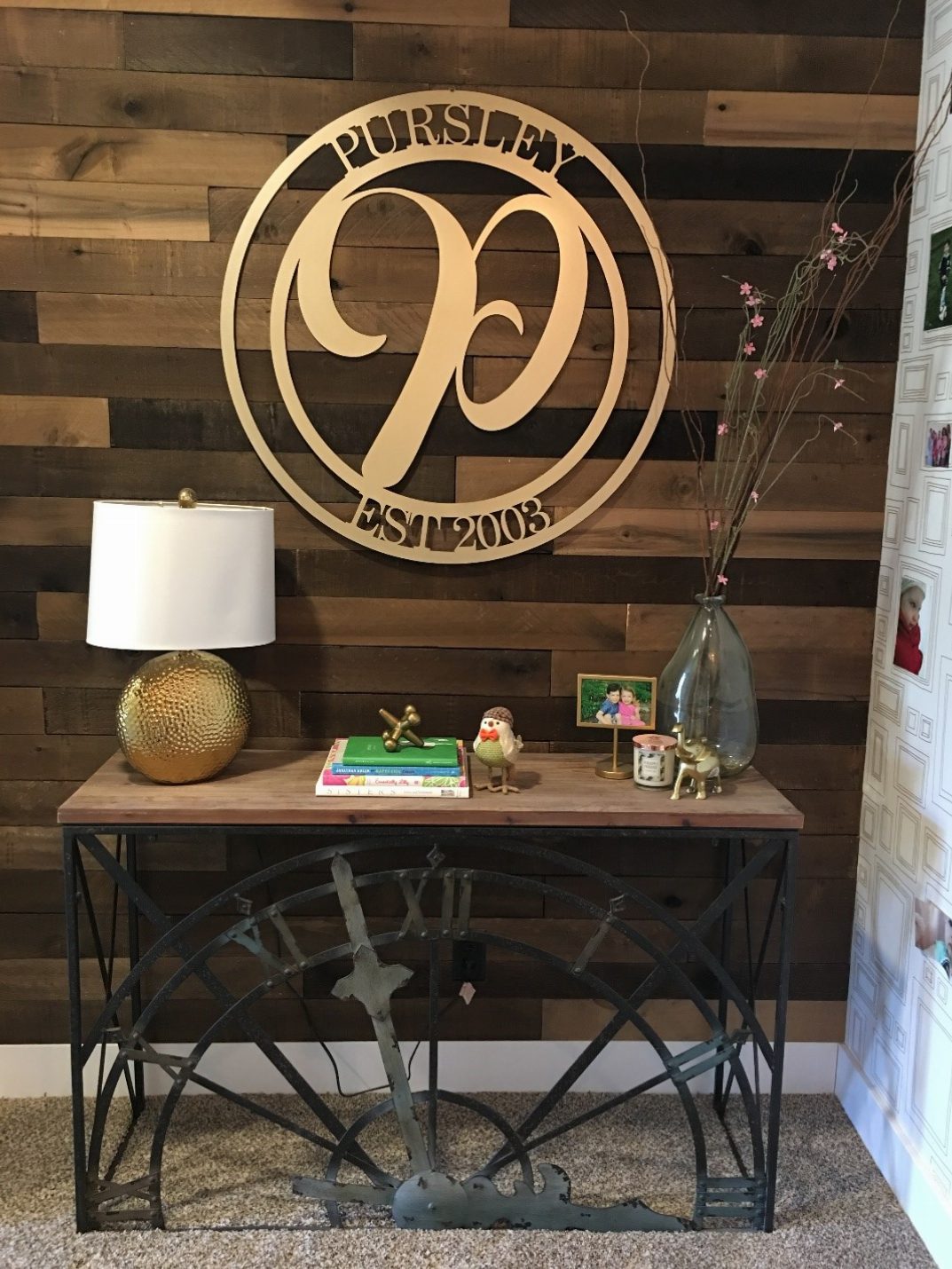
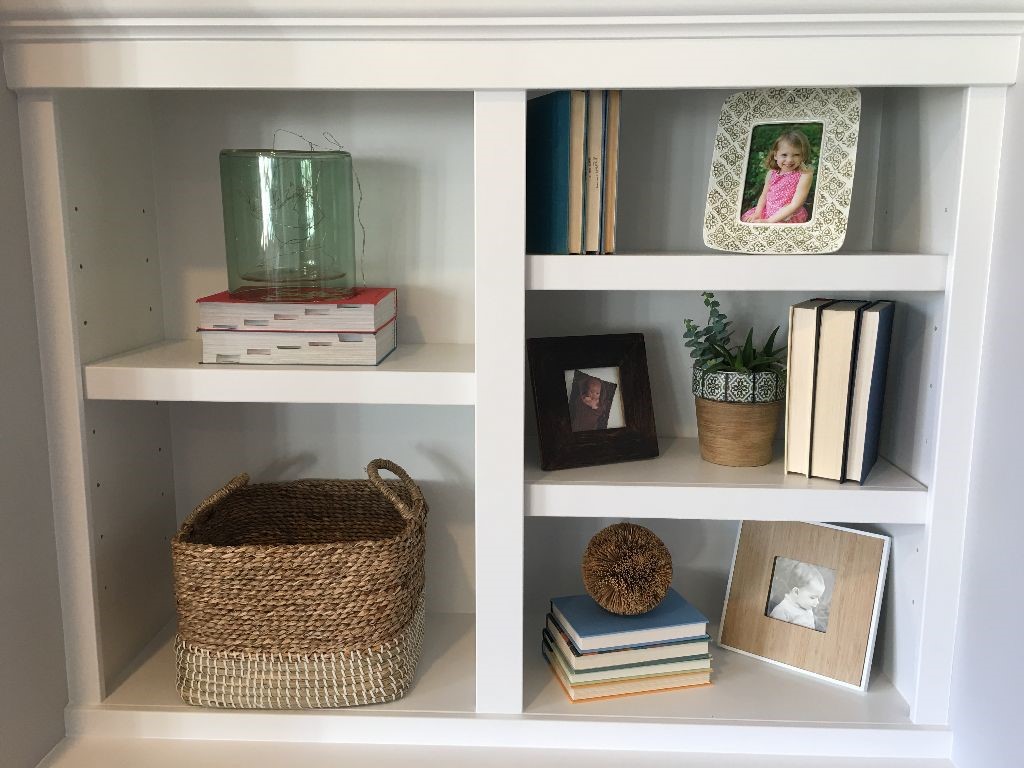
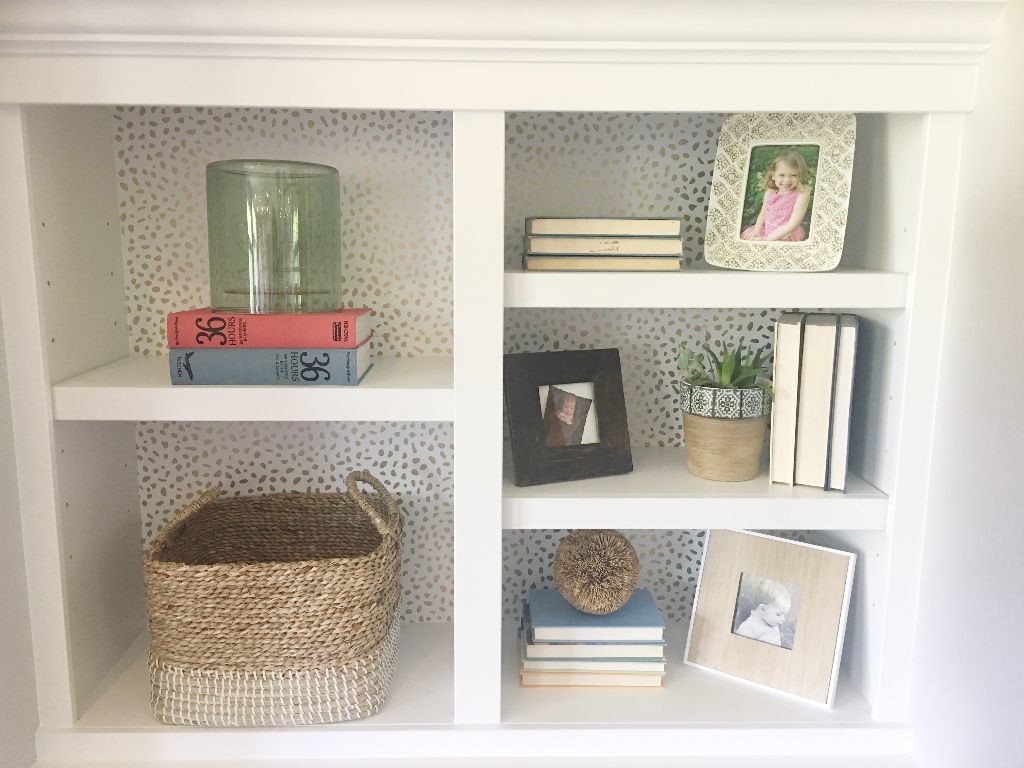
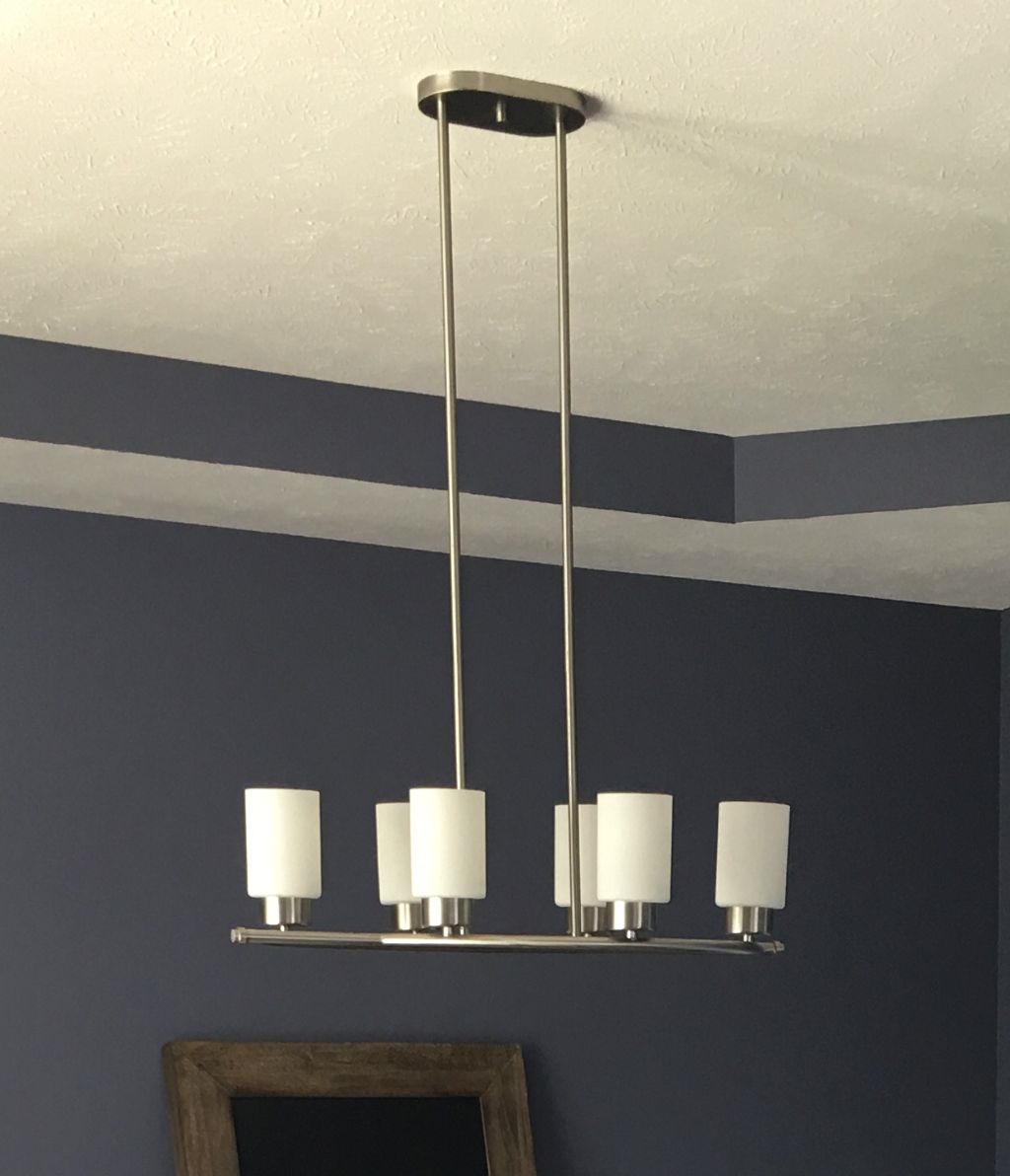

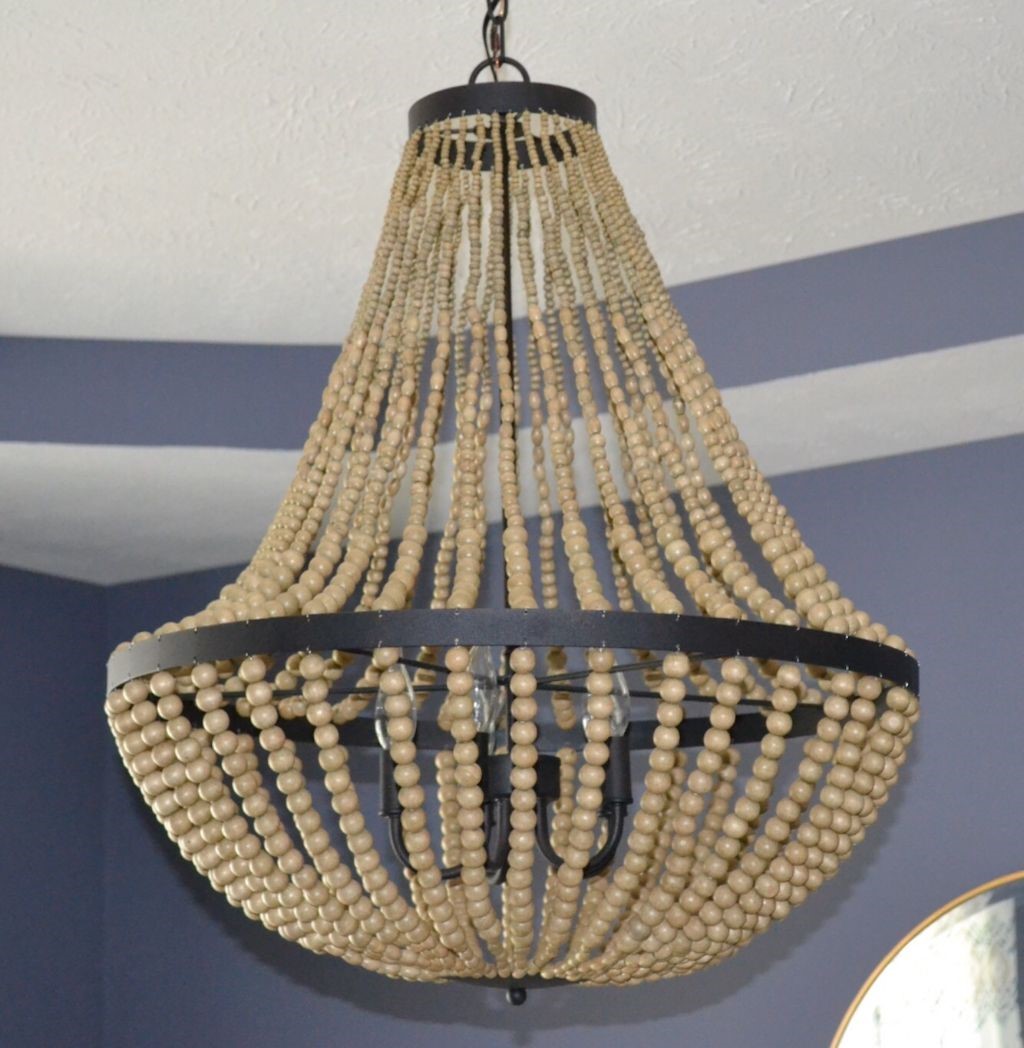
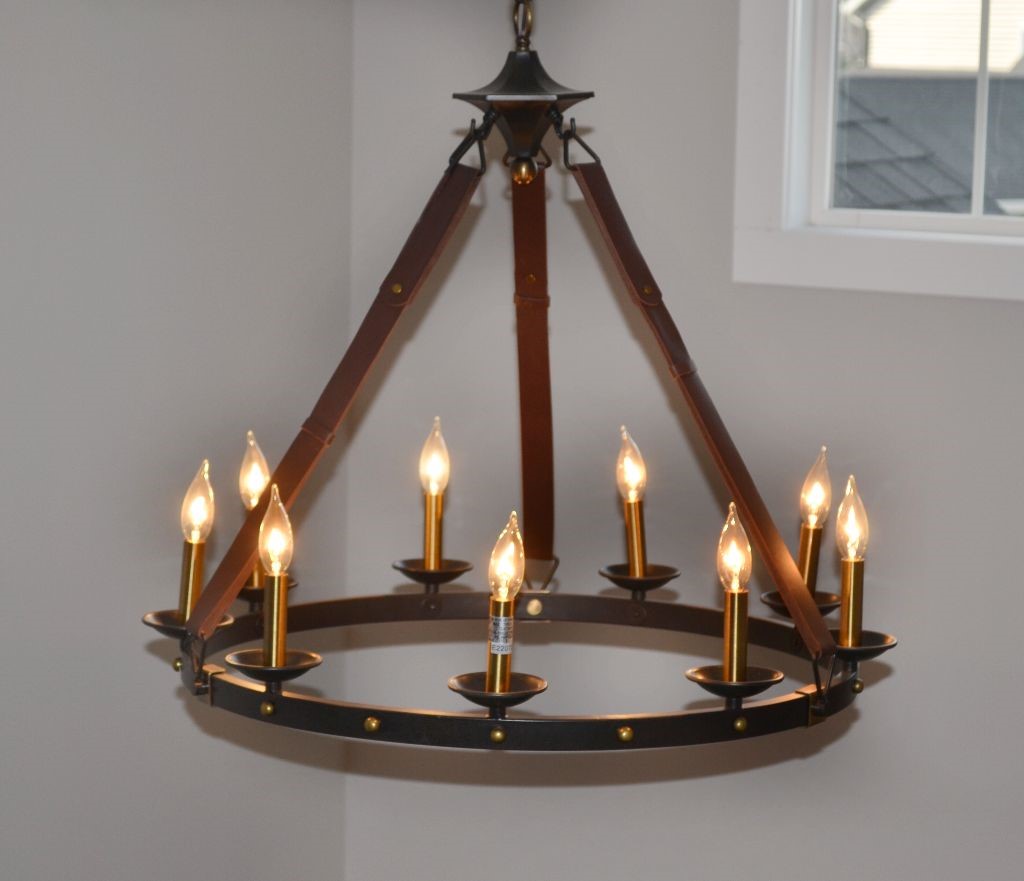
 Laura is a home decor blogger, marketing professional, mother of 2, living in Michigan. Laura has a passion for design that she uses to transform her home into a comfortable, livable, beautiful space for her family. Her design motto is that you don’t have to be a designer to have good design in your home. She believes that everyone deserves to be in a space that they love, whatever that means to you.
Laura is a home decor blogger, marketing professional, mother of 2, living in Michigan. Laura has a passion for design that she uses to transform her home into a comfortable, livable, beautiful space for her family. Her design motto is that you don’t have to be a designer to have good design in your home. She believes that everyone deserves to be in a space that they love, whatever that means to you.